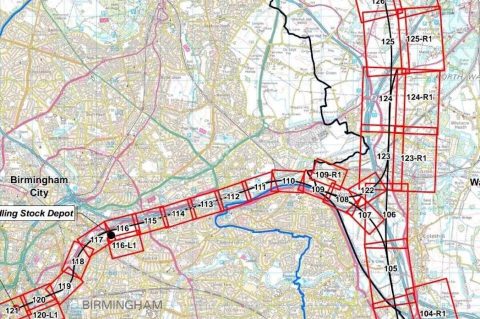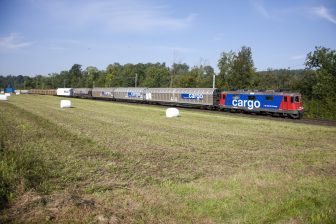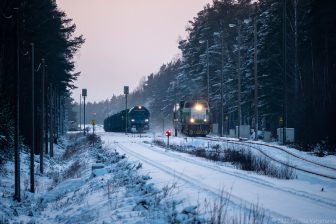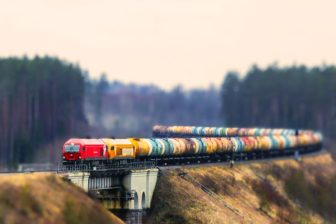
HS2 and the extent of historic legal decision
Exclusions HS2 (HS2 Rebellion) Image HS2 Rebellion
Britain’s vast HS2 high-speed rail project has been the subject of constant controversy and protest. However, the company formed to build the express railway, initially between London and Birmingham, has won a landmark legal battle in an attempt to ensure its work progresses without further delay. The court ruling excludes all but authorised personnel from the entire 170-mile long (270km) construction site.
Do you want to read the full article?
Thank you for visiting RailFreight.com. Become a member of RailFreight Premium and get full access to all our premium content.
Are you already a member?
Having problems logging in? Call +31(0)10 280 1000 or send an email to customerdesk@promedia.nl.




